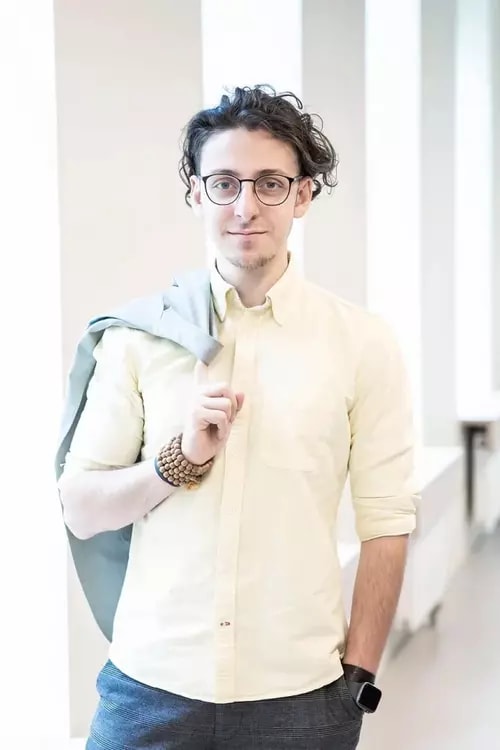Meet Sonya: Russia’s New AI-Powered Tutoring Assistant for Elementary Students
The Moscow Region’s Ministry of Education and the Uchi.ru learning platform have launched an innovative AI chatbot named Sonya — a digital tutor that helps young students learn and ask questions through both text and voice interactions.
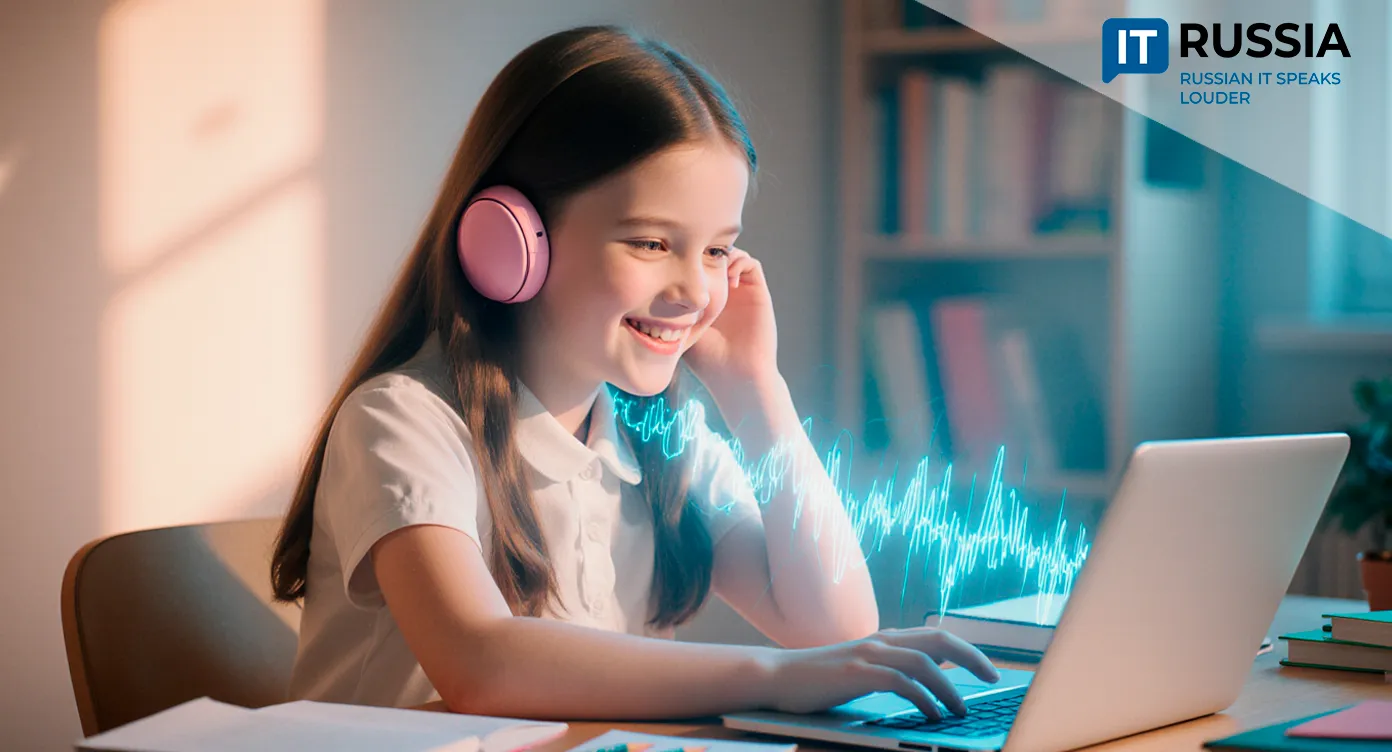
AI That Teaches — and Listens
Currently being tested in ten Moscow Region schools, the Sonya chatbot represents an educational experiment: can artificial intelligence effectively assist children in learning? Rather than replacing teachers, Sonya is designed to act as their digital assistant.
For students, Sonya serves as an approachable and intuitive companion that provides clear explanations of complex topics, even when shyness or time constraints prevent children from asking questions in class.
For teachers and parents, Sonya is a relief — an intelligent helper that handles the flood of ‘why’ questions, particularly those that arise during homework.
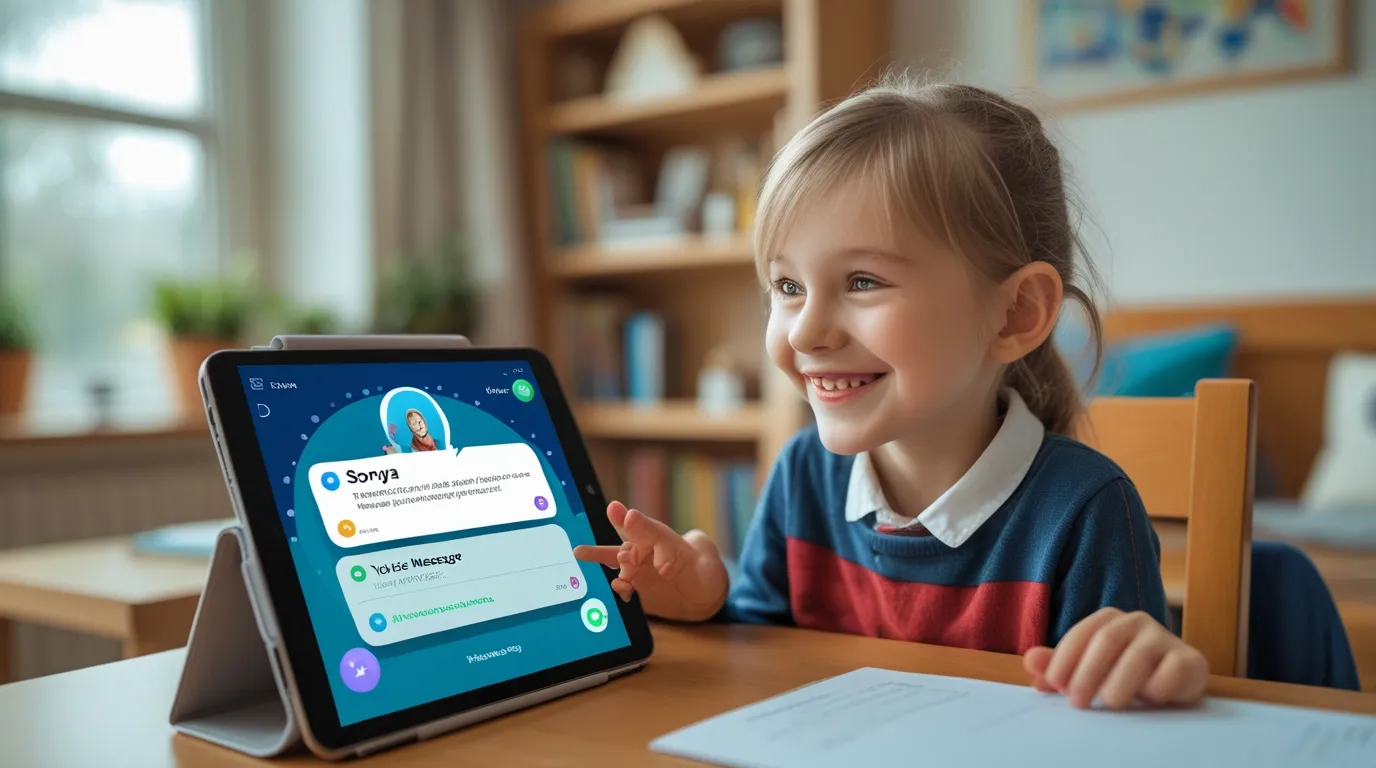
Developers also included pedagogical and ethical safeguards: if a question falls outside the curriculum or involves sensitive issues, Sonya politely redirects the child to an adult. Its responses are based on analysis of educational needs and gaps in the school program, ensuring more targeted assistance.
From Pilot to Classroom Integration
While still in pilot phase, Sonya’s developers plan to expand the assistant to more schools and regions. The project’s biggest technical challenge lies in refining speech recognition systems (NLP) to handle children’s speech, which can be fast, emotional, and often imprecise.
Next steps include deeper integration with online learning platforms, digital gradebooks, and the official curriculum — enabling Sonya to help solve textbook problems and explain specific concepts. The future also points toward multimodal capabilities: illustrated answers, short videos, and step-by-step visual explanations.
However, the success of this rollout will depend on transparency and trust. Questions remain about how children’s data will be processed, how reliably filters will protect them from inappropriate content, and how AI feedback will be incorporated into learning analytics. If the system proves effective, Sonya could evolve from a regional pilot into a national educational product.
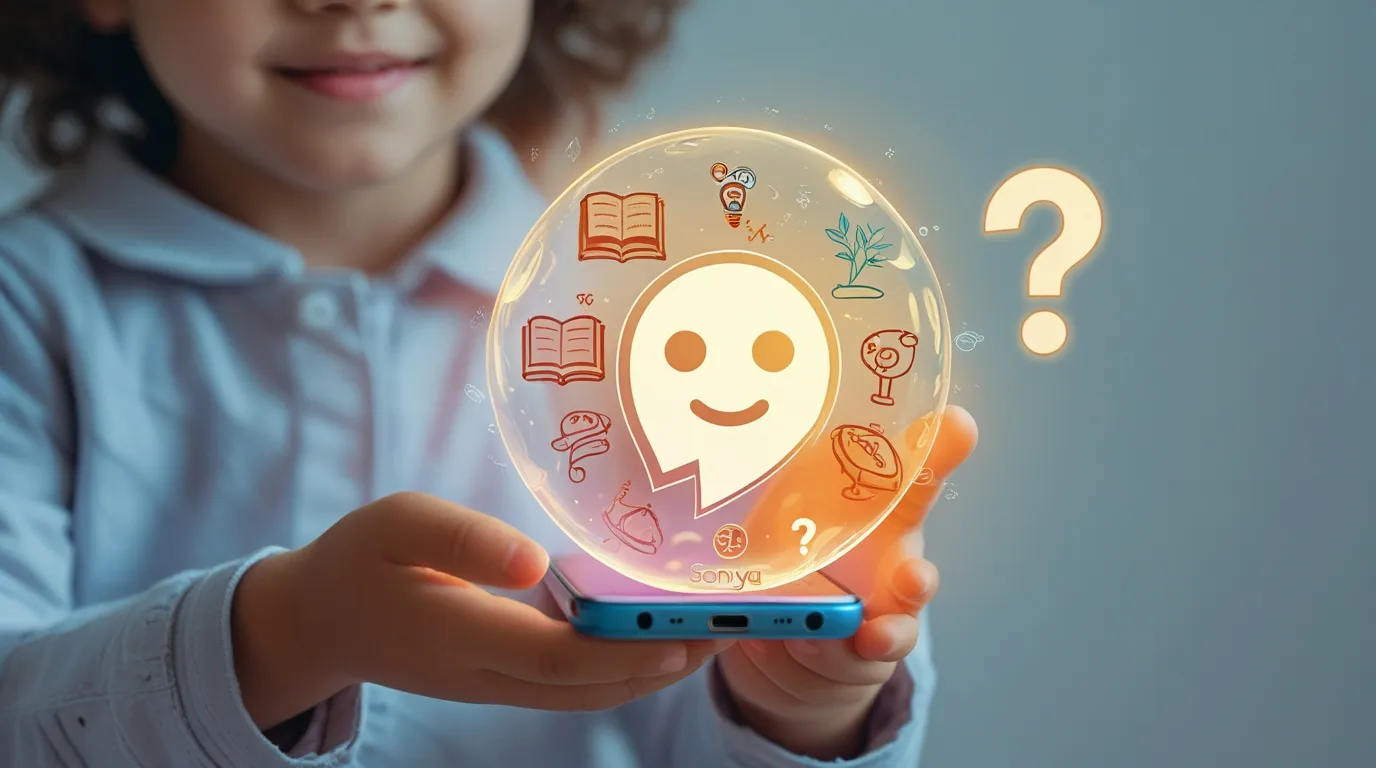
Finding the Human Balance
Research on voice assistants like Russia’s ‘Alice’ has already shown that such tools can increase engagement, personalization, and conversational fluency when learning foreign languages. Interactive games and spoken exercises foster natural communication and boost motivation — especially in early childhood education.
International experience with AI tools like ChatGPT reveals both the promise of personalized learning and the risks of misinformation. Equally important is teacher readiness: are educators trained and confident in using AI tools? Sonya’s long-term success depends not only on its technical accuracy but also on how well it integrates into the classroom as a trusted educational partner.
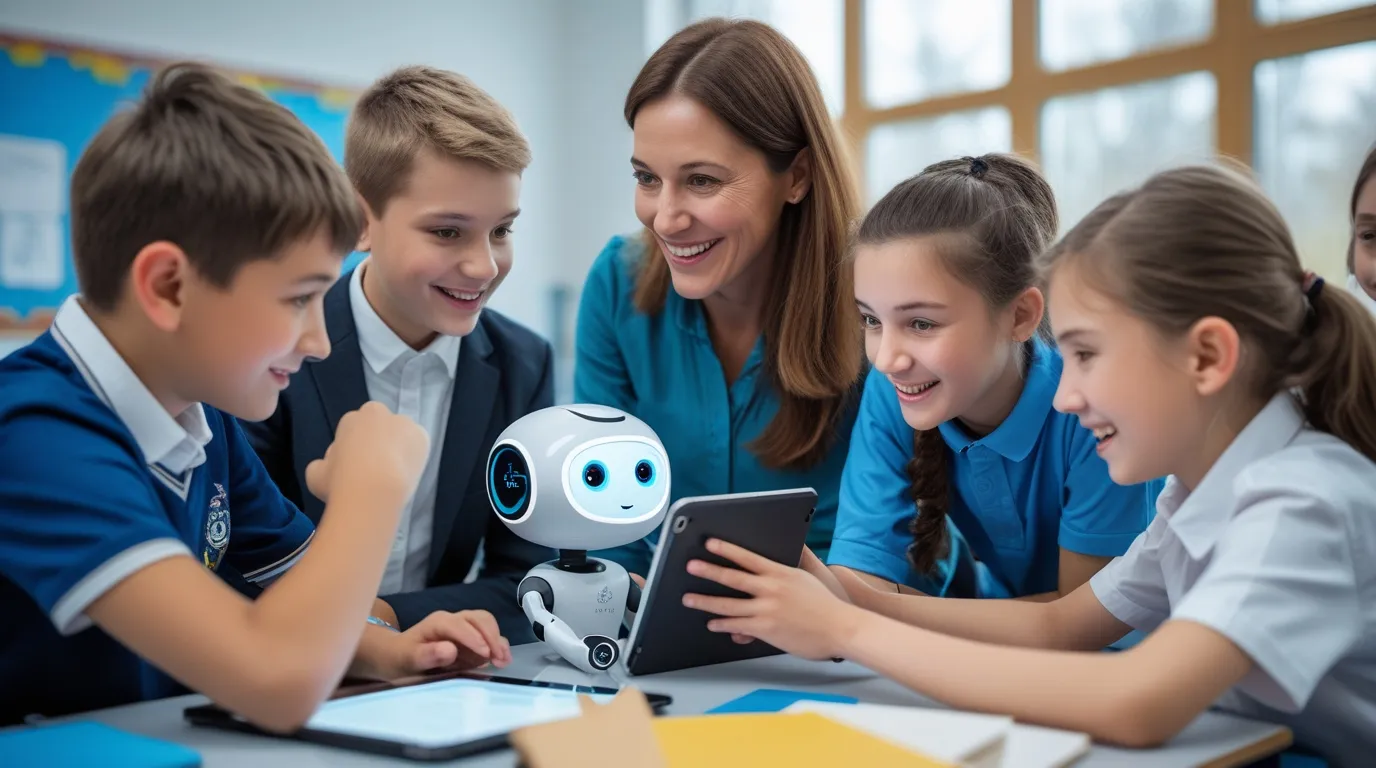
In the short term, Sonya will continue its testing phase, gathering feedback and improving speech algorithms. In the long run, it could become a standard part of school life — as familiar as a textbook or a smartboard. Its real impact will be measured by how well it understands a child’s question, how responsibly it answers, and how safely it protects student data. When technology finds that balance, AI in education gains not just intelligence — but a human voice.


